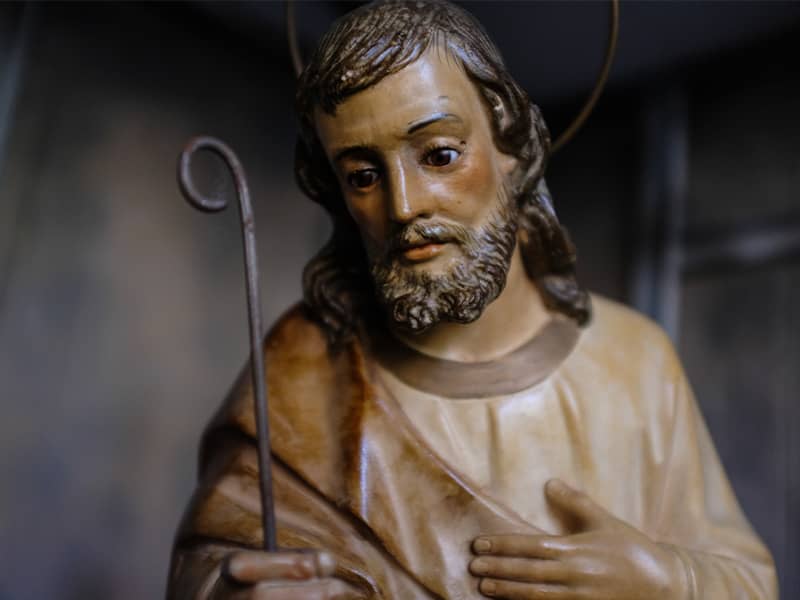U.S. Catholic
October 01, 2001
The old joke about Catholics being told to "pray, pay, and obey" takes on a whole different meaning if by obedience you mean refusing to follow a Vatican order. The two are not incompatible for Benedictine Sister Christine Vladimiroff, prioress of the Mount St. Benedict Monastery in Erie, Pennsylvania.
Vladimiroff, 61, has become something of a hero to some Catholics for her refusal to deliver a directive from the Vatican's Congregation for Institutes for the Consecrated Life to Benedictine Sister Joan Chittister. A letter from the congregation instructed Vladimiroff to forbid Chittister to attend and speak at the Women's Ordination Worldwide conference last summer in Dublin because of the 1995 Vatican ban on further discussion of the issue of women's ordination.
A Benedictine nun since 1957 and the community's prioress since 1998, Vladimiroff says she based her decision on the Benedictine and monastic tradition of obedience. "There is a fundamental difference in the understanding of obedience in the monastic tradition and that which is being used by the Vatican," she wrote in a statement that is posted on the order's Web site (www.eriebenedictines.org).
"We trace our tradition to the early Desert Fathers and Mothers of the fourth century who lived on the margin of society in order to be a prayerful and questioning presence to both church and society," she writes. "Benedictine communities of men and women were never intended to be part of the hierarchical or clerical status of the church, but to stand apart from this structure and offer a different voice."
That tradition sees obedience as relational and collaborative. Before deciding, Vladimiroff not only met with the Vatican congregation that sent the letter, she also consulted bishops, canon lawyers, other prioresses, and her religious community. When she presented her decision to the 128 other Erie Benedictines, all but one signed her letter to the Vatican.
Vladimiroff insists that her decision in no way indicates a lack of communion with the church, nor does she agree that Chittister's participation in the conference would have been a "scandal to the faithful," as the Vatican alleged. "I think the faithful can be scandalized when honest attempts to discuss questions of import to the church are forbidden," she says.
Among the 11 resolutions adopted by the 370 participants at the Dublin conference was one calling for Pope John Paul II to revoke the ban on the discussion of women's ordination.

